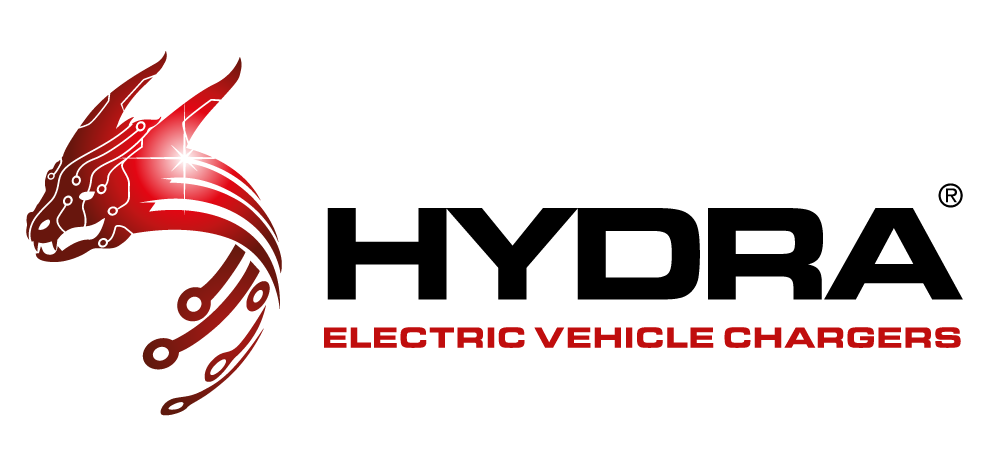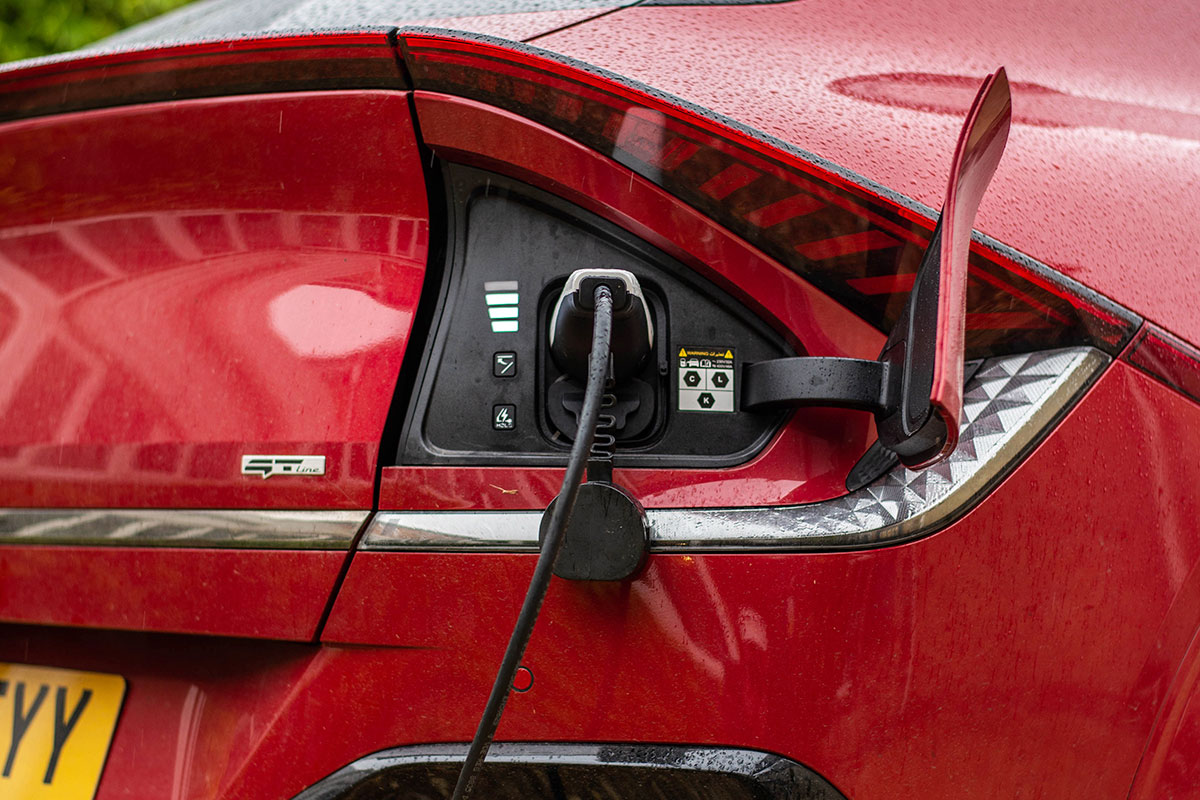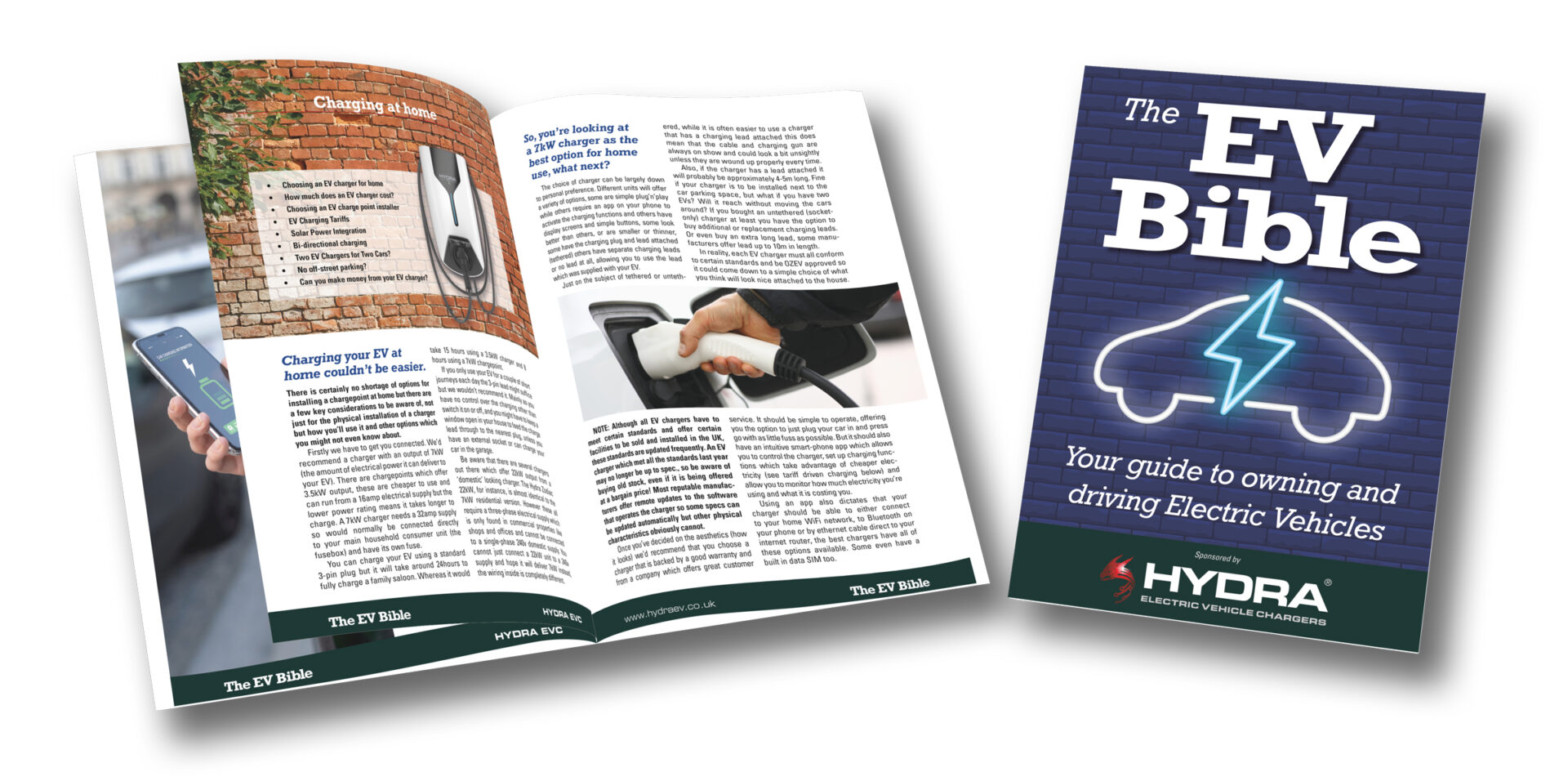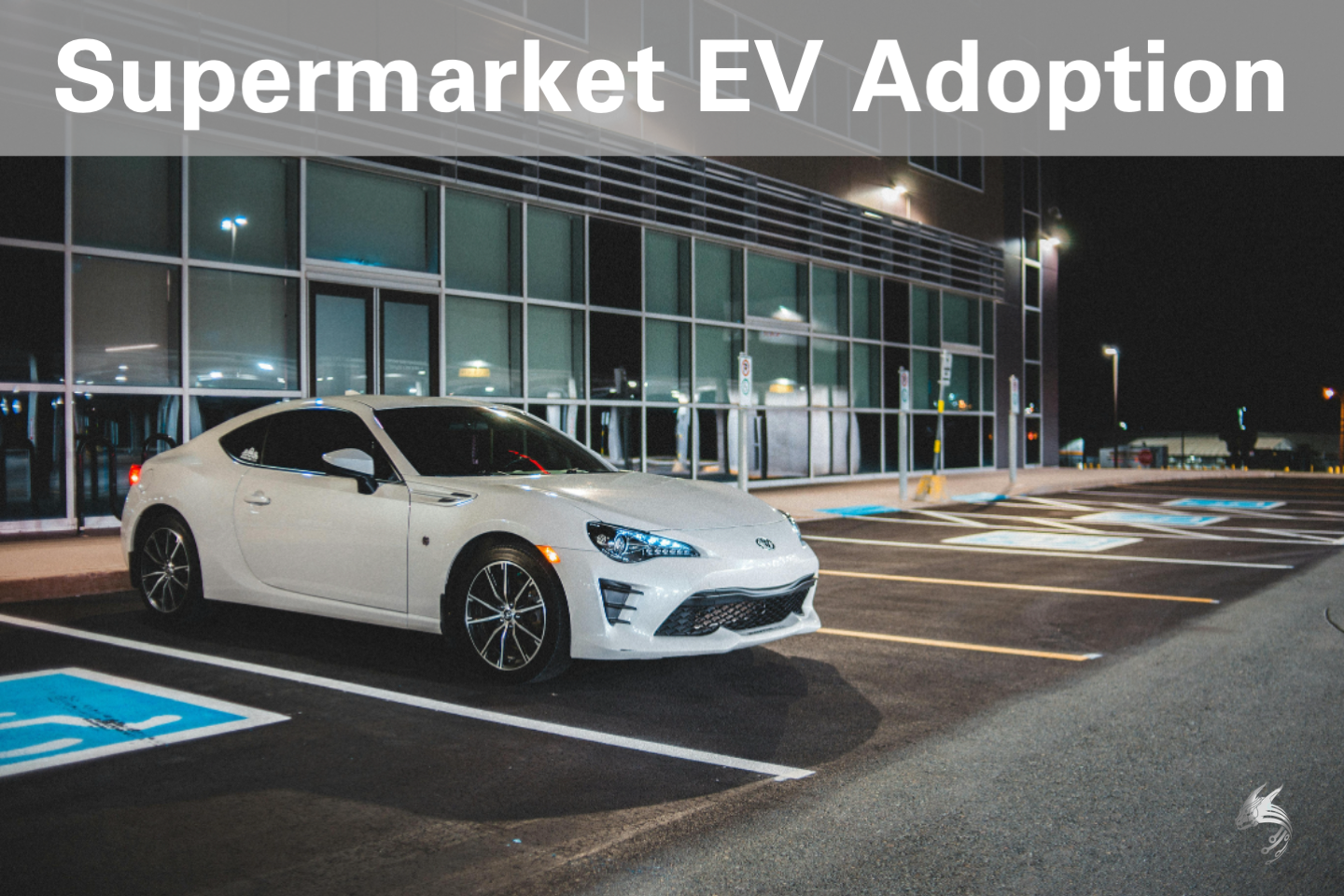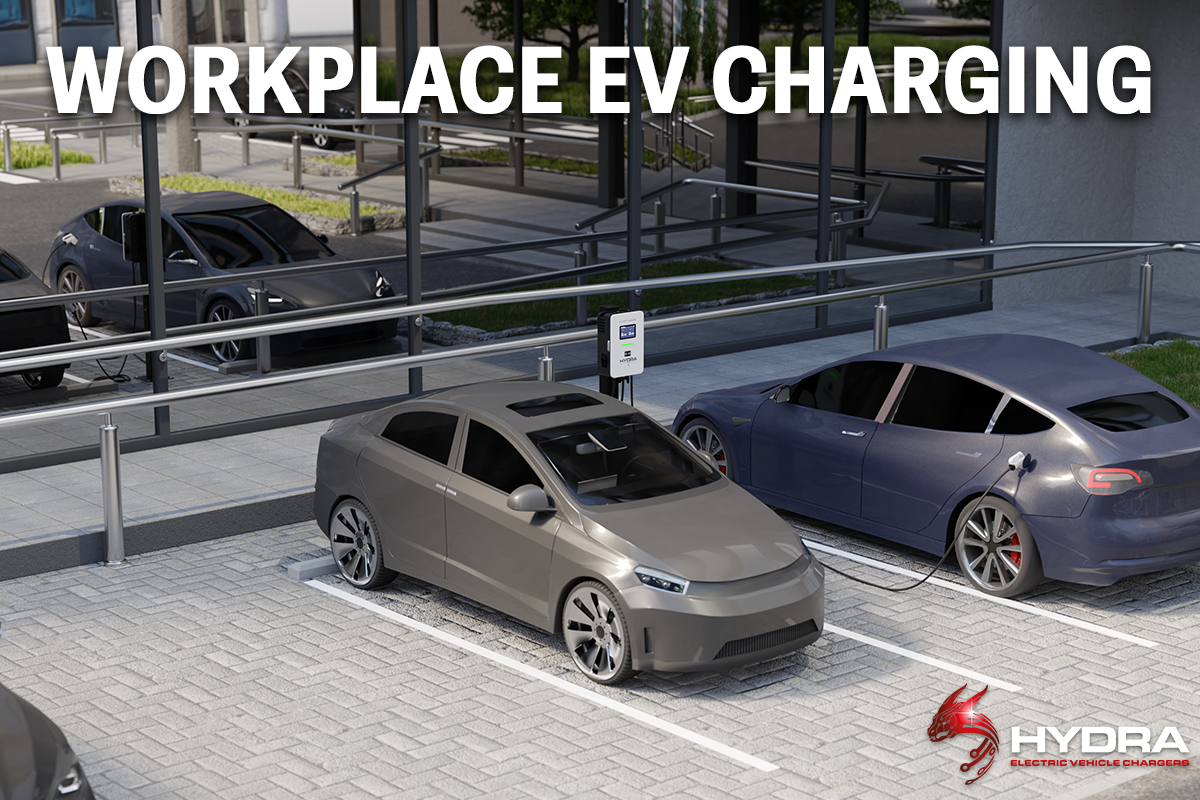DC (Direct Current) charging is generally faster than AC (Alternating Current) charging for electric vehicles (EVs). The key factor that determines the speed of charging is the voltage level at which the electricity is delivered to the vehicle’s battery, as well as the design of the charging infrastructure and the capability of the vehicle’s onboard charger.
Here are some key points to consider:
⚡️Voltage
DC charging stations typically deliver electricity to the EV’s battery at higher voltage levels than standard AC charging. DC fast chargers can provide voltages in the hundreds of volts or even higher, while AC chargers generally operate at lower voltages, typically around 220-240 volts for residential charging.
⚡️Charging Power
The power delivered to the vehicle’s battery is the product of voltage and current. DC fast chargers can supply a high voltage and a high current simultaneously, resulting in significantly higher charging power compared to AC chargers. This higher power level allows for faster charging.
⚡️Battery Compatibility
Many modern EVs are equipped with onboard DC-to-DC converters that can directly accept high-voltage DC power, which makes DC fast charging more efficient. However, most EVs also have onboard AC chargers for slower AC charging, typically used for home charging.
⚡️Charging Speed
DC fast charging can provide much faster charging rates, often allowing an EV to recharge from 0% to 80% or more in less than an hour, depending on the charger’s power level and the vehicle’s battery capacity. AC charging is slower and is typically used for overnight or longer-duration charging.
⚡️Usage
DC fast chargers are commonly found at public charging stations and along major roads, where drivers may need a quick top-up to continue their journey. AC chargers are often used for home or workplace charging, where longer charging times are acceptable.
In summary, DC charging is faster than AC charging because it can deliver higher voltages and power levels directly to the vehicle’s battery. However, the specific charging speed can vary depending on factors like the charger’s power rating, the vehicle’s onboard charging capabilities, and the battery’s state of charge. Consult your EV’s manual and check the charging station’s specifications to understand your expected charging speed.
